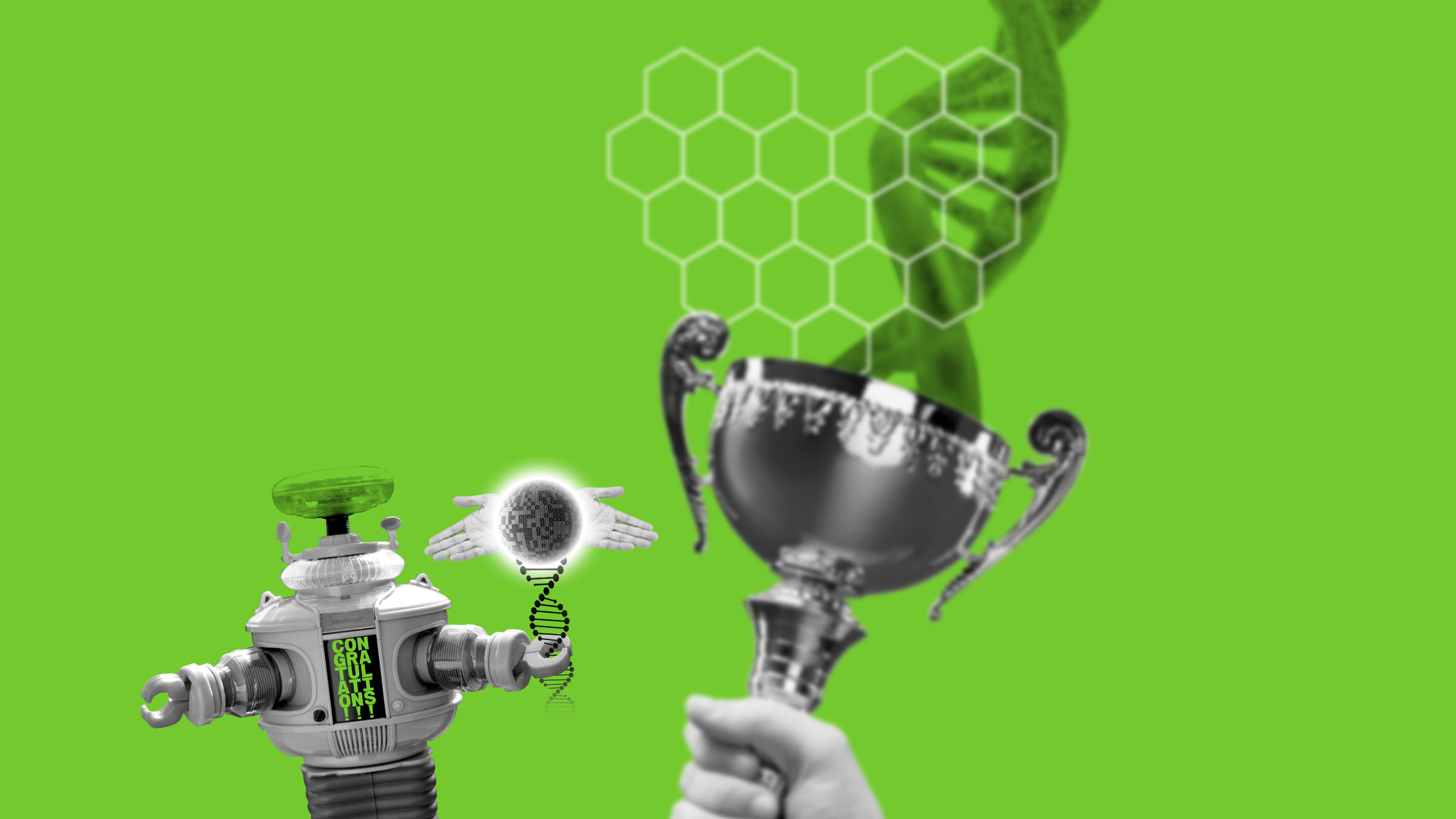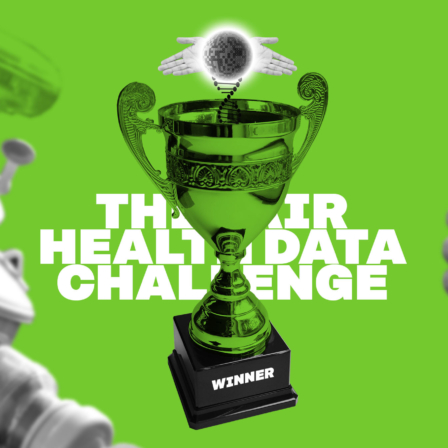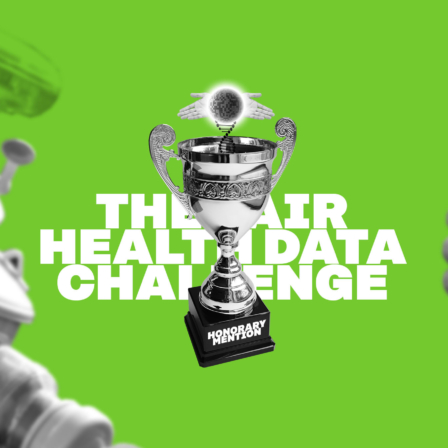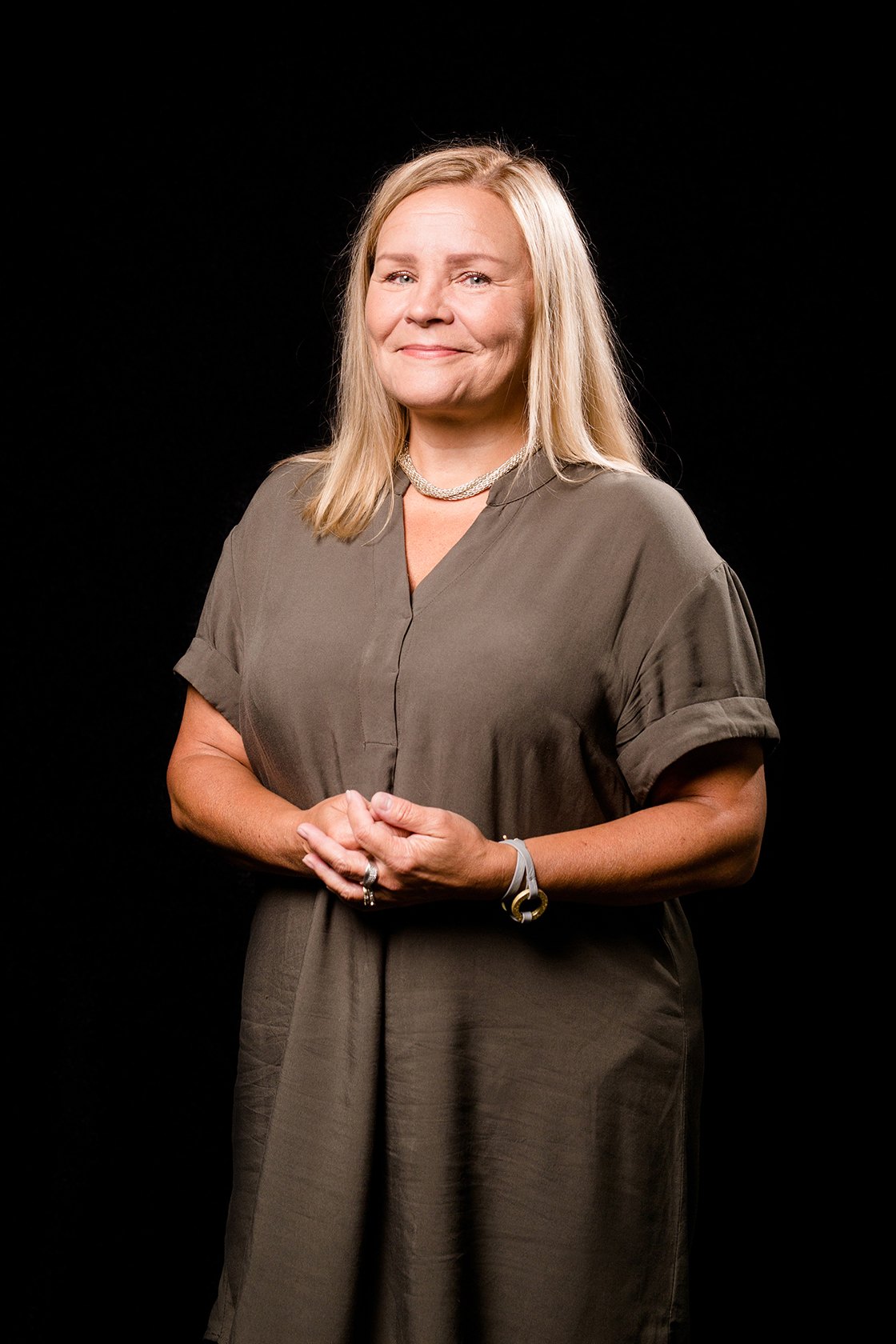The Fair Health Data Challenge organised by Sitra attracted an impressively wide spectrum of European services and concepts, and the winners have now been chosen. Candidates for the challenge came from six European countries: Estonia, Finland, Germany, Latvia, the Netherlands and Norway (pan-Nordic project). The solutions included ready-to-use applications and concepts and handled for example cancer treatment, treatment for addictions and the management of mental well-being.
Sitra has a vision for a fair data economy, in which data is shared more freely between different parties. Trust in service providers encourages individuals to share their data when the sharing is based on their consent. People obtain access to more targeted services that improve their well-being and daily lives. Companies of all sizes achieve growth through innovation and well-being increases.
The three equally deserving winners of the challenge are:
- Antegenes (Estonia) – An advanced cancer risk test that uses, with the individual’s consent, genome data from a national biobank to assess their cancer risk.
- Longenesis (Latvia) – Tools for the efficient cross-border exchange of data between researchers, healthcare institutions and providers of research financing while respecting patient privacy.
- Sensotrend (Finland) – An application that helps diabetes patients to make changes in their daily life based on health data and that can also be used to share data between various parties involved in healthcare.
All the winning solutions share a strong vision for a better future, in which increasingly innovative solutions are created through the sharing of data, to benefit everyone.
“What all the winners have in common is ‘fairness’ as a factor. They each have their own story and they excel at what they are doing,” says Stephan Schug, the chairperson of the expert panel, who is a pioneer in digital healthcare and Chief Digital Health Strategist at IQmed Healthcare Consultants in Germany.
“Personal and other data has enormous potential both in healthcare and the prevention of diseases. However, data must be used under fair rules. The applications of the challenge winners are excellent examples of new fair services,” notes Ilkka Räsänen, Leading Specialist at Sitra.
The solutions of the winners emphasised the consent-based sharing of data and the benefits this yields for individuals, research and the whole of society. Other common characteristics included paying constant attention to data security in the transfer of data and keeping the volume of data transferred as small as possible.
In addition to the winners, the expert panel wanted to highlight three other interesting solutions, recognising them each with an honorary mention:
- Greenhabit BV (Netherlands) – A training application, which helps individuals make changes for the better in their daily life to guarantee their functional capacity.
- MyData4Pandemic (multinational concept, MyData) – An initiative aimed at the creation of an individual-centric solution to eliminate the impacts of future pandemics on humanity through the sharing of data.
- Nordic Interoperability Project N!P (pan-Nordic project) – A project that seeks to create a pan-Nordic application library, which will make it easier to find fair and secure applications and services that take the individual’s needs into account.
Unlike in other competitions in this field, the international expert panel especially focused on the fairness of the solution or idea in terms of different parties and the individual’s ability to manage their own data. Candidates were assessed on the following criteria: management of one’s own personal data; user-friendliness and data accessibility; a model of data sharing; fairness, security and confidentiality; impact of the solution; and innovation and trust.
The Fair Health Data Challenge was organised as part of Sitra’s fair data economy IHAN® project. The goal of the challenge was to discover examples of fair digital health and well-being services and organisations that can show the way and be an example to others. Sitra developed a fair data economy model in its IHAN project that ran between 2018 and 2021. The project has laid a foundation for a fair data economy, in which successful digital services are based on trust and create value for everyone.
– Click here to catch up on the whole June 21 virtual Conference and also
– Click here to hear more about getting together in person in Helsinki June 2022 (although anyone who signs up to watch the recent conference in catch-up also joins the marketing database to hear about June 22 nearer the time)






Read more